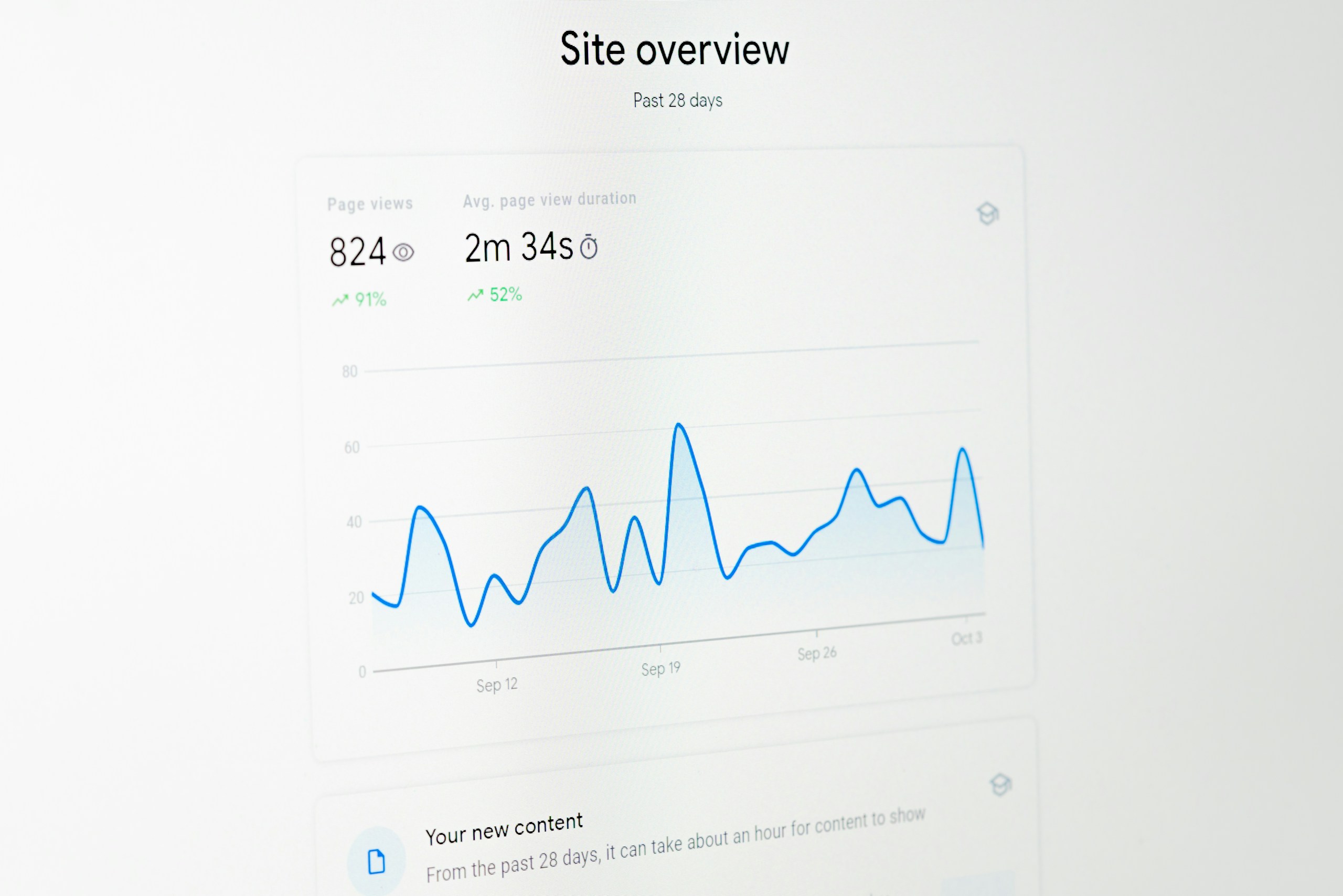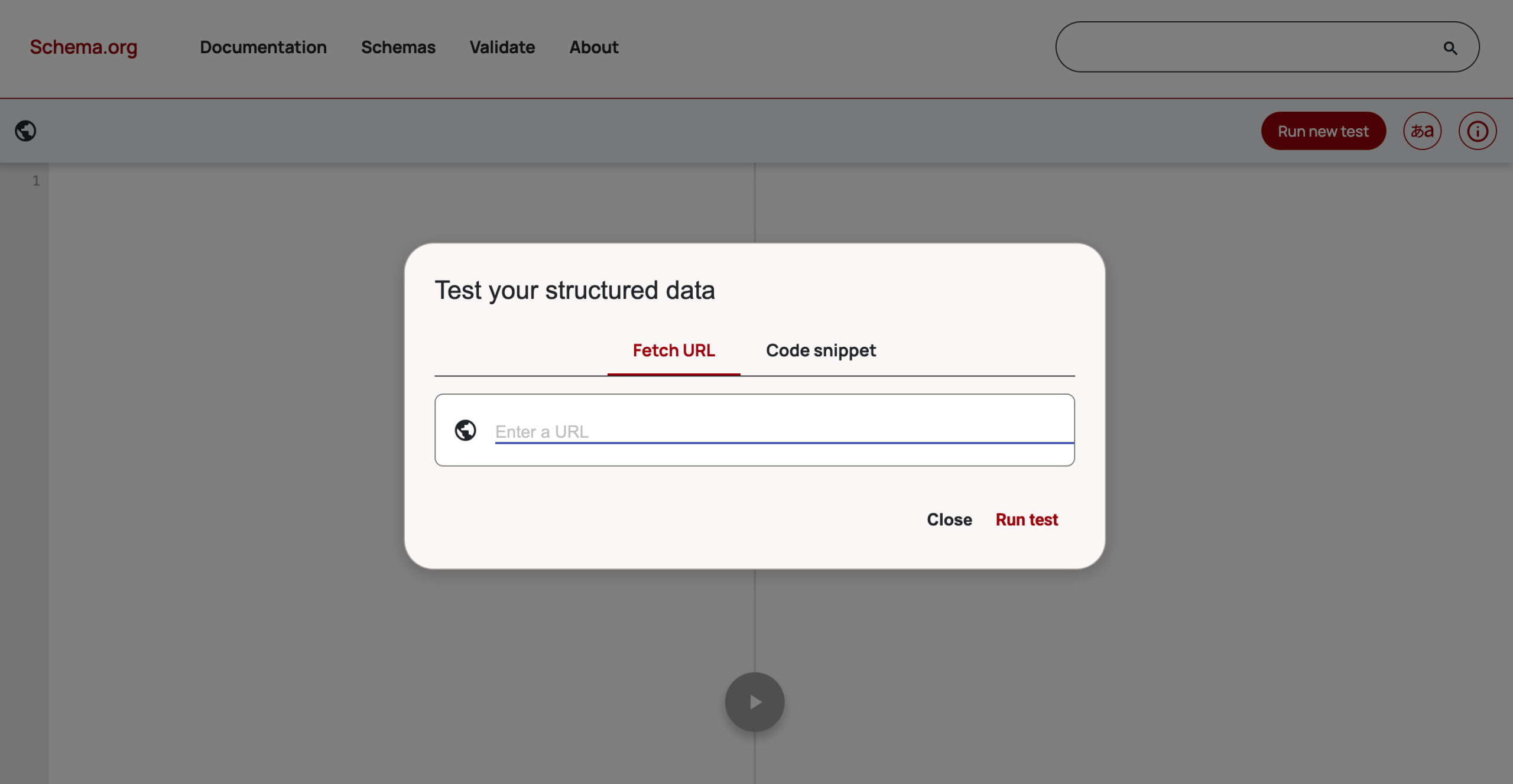Table of Contents
For decades, meta titles and descriptions were written with one goal in mind: attract clicks from Google’s search results. But in the age of AI-powered search, meta optimization has taken on a new dimension.
With AI Overviews, generative engines, and conversational search platforms reshaping how users discover content, your titles and descriptions aren’t just sales pitches – they’re signals that determine whether AI even uses your content in the first place.
At Apeiros Marketing, we help businesses master AI meta optimization to ensure their content stands out both in traditional SERPs and AI-generated responses.
Why Meta Optimization Matters in the SEO Shift
1. AI Reads Differently Than Humans
AI search systems parse metadata for context, categorization, and relevance. Clear, descriptive titles and keyword-rich meta descriptions increase the odds of being included in AI-generated summaries.
2. First Impressions Still Count
Even in AI-first environments, meta data is often displayed in links or citations. Strong meta titles and descriptions can determine whether a user chooses to engage further.
3. Metadata Influences Discoverability
Poorly optimized metadata can make it harder for AI engines to properly classify your content – hurting your visibility in both traditional and generative search.
How to Write AI-Ready Titles and Descriptions
At Apeiros Marketing, we follow a proven framework for writing metadata that resonates with AI and humans alike:
1. Keep Titles Concise but Contextual
Stick to 50–60 characters.
Place your primary keyword early.
Avoid clickbait – AI engines devalue ambiguous or misleading titles.
Example: “Core Web Vitals in the AI Search Era” vs. “The Secret Hack Google Doesn’t Want You to Know!”
2. Write Descriptions for Clarity, Not Just Clicks
Limit to 150–170 characters.
Include secondary keywords naturally.
Summarize the page’s actual value – AI rewards accuracy.
3. Use Semantic Variations
Incorporate synonyms and related terms to help AI understand broader context.
Example: Instead of repeating “AIO SEO,” include “Artificial Intelligence Optimization.”
4. Align Metadata with Content Structure
AI engines cross-check metadata against on-page structure. If your title says “AI Search Optimization” but the content doesn’t deliver, you risk exclusion from AI results.
The Role of Metadata in AI SERP Optimization
AI-driven search engines use metadata to:
Understand intent: What problem does this page solve?
Categorize content: Which queries is this relevant to?
Determine authority: Does the metadata align with trustworthy, structured content?
That means AI meta optimization is no longer optional – it’s a ranking and visibility factor in its own right.
Common Mistakes in AI Meta Optimization
Keyword stuffing that reduces readability.
Overly vague descriptions like “Learn more here” that don’t inform AI systems.
Misaligned metadata that doesn’t reflect page content.
How Apeiros Marketing Helps
We integrate AI meta optimization into every SEO strategy by:
Auditing existing titles and descriptions for AI readiness.
Rewriting metadata to balance keyword targeting and clarity.
Aligning metadata with structured data and content clusters.
Monitoring AI mentions and SERP impressions for performance.
This ensures your brand is competitive in both traditional SEO and AI-first environments.
Key Takeaways
Metadata now serves AI engines as much as human users.
Titles should be concise, keyword-rich, and contextual.
Descriptions should clarify content value and align with page intent.
Apeiros Marketing ensures your metadata is optimized for AI discoverability.
FAQ: Metadata in the AI Search Era
Do meta titles and descriptions still impact rankings?
Should I write different metadata for AI and humans?
How often should metadata be updated?
Can AI write my metadata for me?
Want metadata that works in both AI and traditional search?
Apeiros Marketing can rewrite and optimize your titles and descriptions to maximize AI discoverability and SERP performance.
Ready to see what strategic SEO can do for your business? Book a Strategy Session today.







